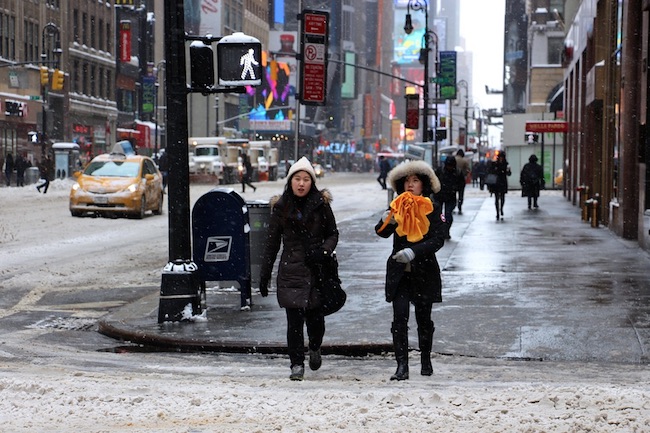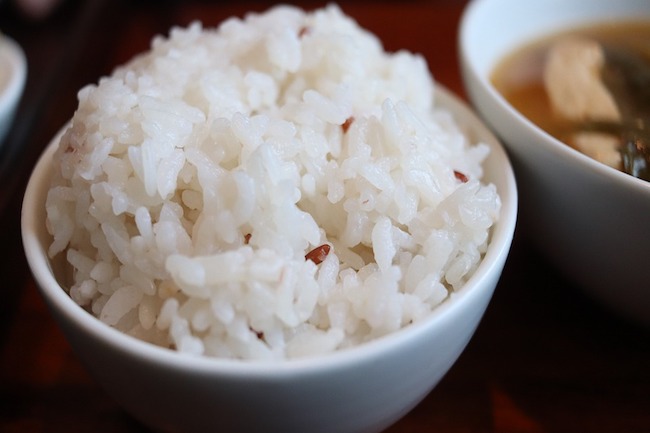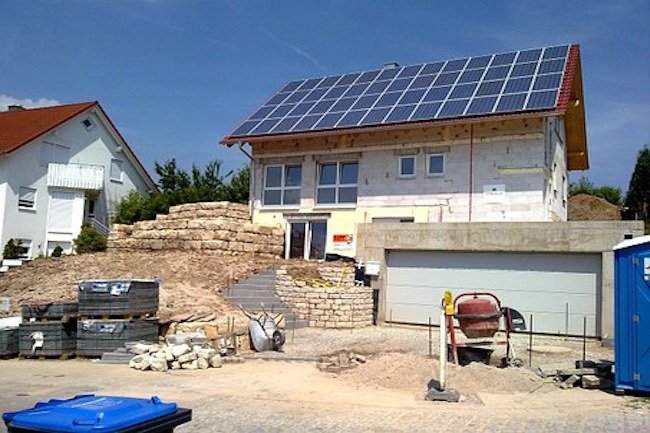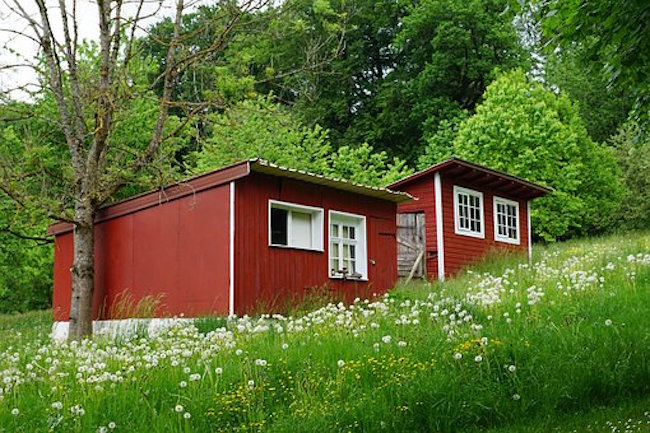How to Help Your Community Be Better Prepared for Covid-19 (and Future Emergencies) by Kara Stiff for The Organic Prepper
As the news broke of the first confirmed cases of Covid-19 in my state, my little family is self-quarantined. There will be no homeschool meetup at the trampoline park for us this afternoon. We’ll skip our weekly visit to our best friends’ house tomorrow, even though we were really looking forward to helping them get ready for their new baby.
Why are we quarantined?
Because we’re running a low-grade fever with a snotty nose, and I don’t want to pass any minor cold to our elderly neighbors, or to our friends with existing respiratory issues. If we give them a cold now they’ll take a while to get better, and they might be more vulnerable to complications from Covid-19 if they come into contact with it before they recover.
We were prepared for quarantine.
We addressed our basic medium-term personal preparedness some years ago, so we didn’t need to do anything much to be ready for this crisis.
We heat and cook mostly off-grid, keep a stock of medical and sanitation supplies, grow a portion of what we eat and have access to excellent water reserves. If we needed to, we could stay home for any reason starting right now, and not experience any serious discomfort for months. We would miss all our socializing, but it wouldn’t even greatly impact our usual routine to stay home: homeschool, land maintenance, board games, reading, repeat. Of course, there is further preparedness I could do that might increase our safety slightly, but there isn’t anything I could do today that would increase our safety significantly.
I went to the store a few days ago with a stock-up list. Aside from dish soap, it contained only morale-boosters: chocolate, chips, good scotch. As every parent knows, an appropriate treat in a difficult moment can be invaluable, for us just as much as for the kids.
I didn’t look for masks because they work best when worn by people who are already infected rather than people hoping not to be. I can’t keep a hat on my kids, much less a mask, so I’d rather leave the limited supply of masks for people who are more likely to genuinely benefit from their use. If I had someone in my household who was especially vulnerable to respiratory complications, that would count as a person who can genuinely benefit, and I’d be getting some masks.
Having my family’s basic needs already addressed is a real load off my mind. I used to experience quite a bit of anxiety about unforeseen events, especially after I moved from earthquake country (which I knew how to handle) to hurricane country (which I didn’t).
Part of the reason I’m less worried now is that in thinking through our preparedness, I came to terms with the undeniable fact that most things in this world are beyond my control. But I’m also less worried because I took control of the things that I could.
Not everyone has that luxury.
Some people can’t get their doctors to prescribe a reasonable stockpile of essential medications, or they need regular access to a hospital for dialysis or some other life-saving service. Some don’t have an extra dollar to spend on food for later because they can’t cover food for today. Others can’t stay home even when they’re contagious because they’ll lose their job. And some are suffering from depression or other mental states that make it literally impossible to think about the future, much less plan for it.
Some of these have been issues for me in the past, and I’m just lucky those periods of my life were short. There are millions of people who live there permanently.
Systemic and personal barriers to other people’s preparedness affect me personally, even though my family is in pretty good shape. We live out in the country but we’re still surrounded by neighbors, and our fortunes will rise and fall with theirs. My family can only be as prepared as our neighborhood, our county, our state. Which is to say, not very prepared at all.
How I’m working on community preparedness
So instead of further addressing our personal preparedness with diminishing returns, I’m working on community preparedness. I’m not an elected official or a leader, just a private citizen, so the things I’m doing are friendly and neighborly things.
Before we got our little cold I did my friend’s monthly livestock feed run for her, saving her a day in the car so she can rest up and take care of things at home. Then, I took my elderly neighbors some extra eggs. I haven’t seen them in a while, and it’s to both of our advantages if they remember who I am. I reintroduced myself to my neighbor who just moved in, so he remembers who I am, too.
Of course, it’s safest to live in a tight network of preparedness-minded people with diverse and complementary skills who unconditionally support each other. But how many of us are actually achieving that right now?
It’s difficult to build and maintain that sort of situation in a nation where most people aren’t interested, and people are always moving. Some of my neighbors form a pretty good support group, but I also have neighbors I’m not close with. Knowing their names and faces is far better than not knowing.
Another thing I’m doing is giving extra money to my local food bank. In these times when all the headlines scream that unemployment is low and the economy is hearty, about 15% of my county is already leaning on the food bank, including lots of elderly people and families with small children. These are the people who can least afford a health problem or a wider financial disruption, and it’s ultimately better for me if they have access to the resources to stock up.
The greater the proportion of the population who can meet some of their needs in any emergency, be it a virus, a weather event or just a personal job loss, the more likely it is that any forthcoming disaster assistance can cover the remaining needs. More needs met equals less unrest (certainly not none, but less) and less unrest equals my family being safer (certainly not safe, but safer).
It’s easy to feel that because I’m all set, all those grasshoppers who won’t see to their own needs can suffer and it doesn’t affect me. But it isn’t true. I am safest when everyone is safest.
This week I’m reaching out gently to friends and family, especially those who are vulnerable because of asthma, pregnancy, age or other preexisting conditions. Because my anxiety about my own family is relatively low, I can speak to them in encouraging, soothing, practical ways, sharing information and urging them to get some extra food so they have the option to stay home, hopefully without stressing them out too much. A few people actually contacted me, and I was able to better answer their questions and listen to their feelings because I’m not panicking myself. They weren’t interested last week when I mentioned the virus offhandedly, but this week, they are.
People become receptive to preparedness on their own timelines.
You might have found in your personal conversations that people are uninterested or even scornful about your preparedness ideas. I’ve certainly found that. My dad was polite but not too excited about my thoughts during last winter’s ice storm. Now he’s been following the Covid-19 news, and all of a sudden he wants to talk more in-depth about water catchment, food storage, and communication if the cell service is ever disrupted.




